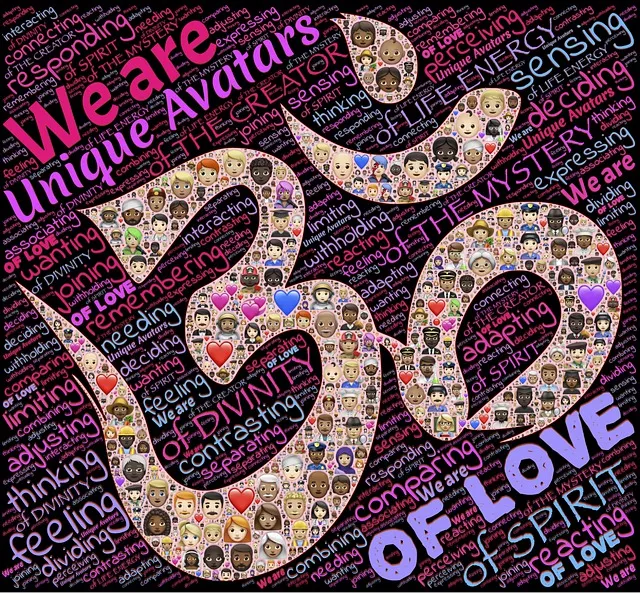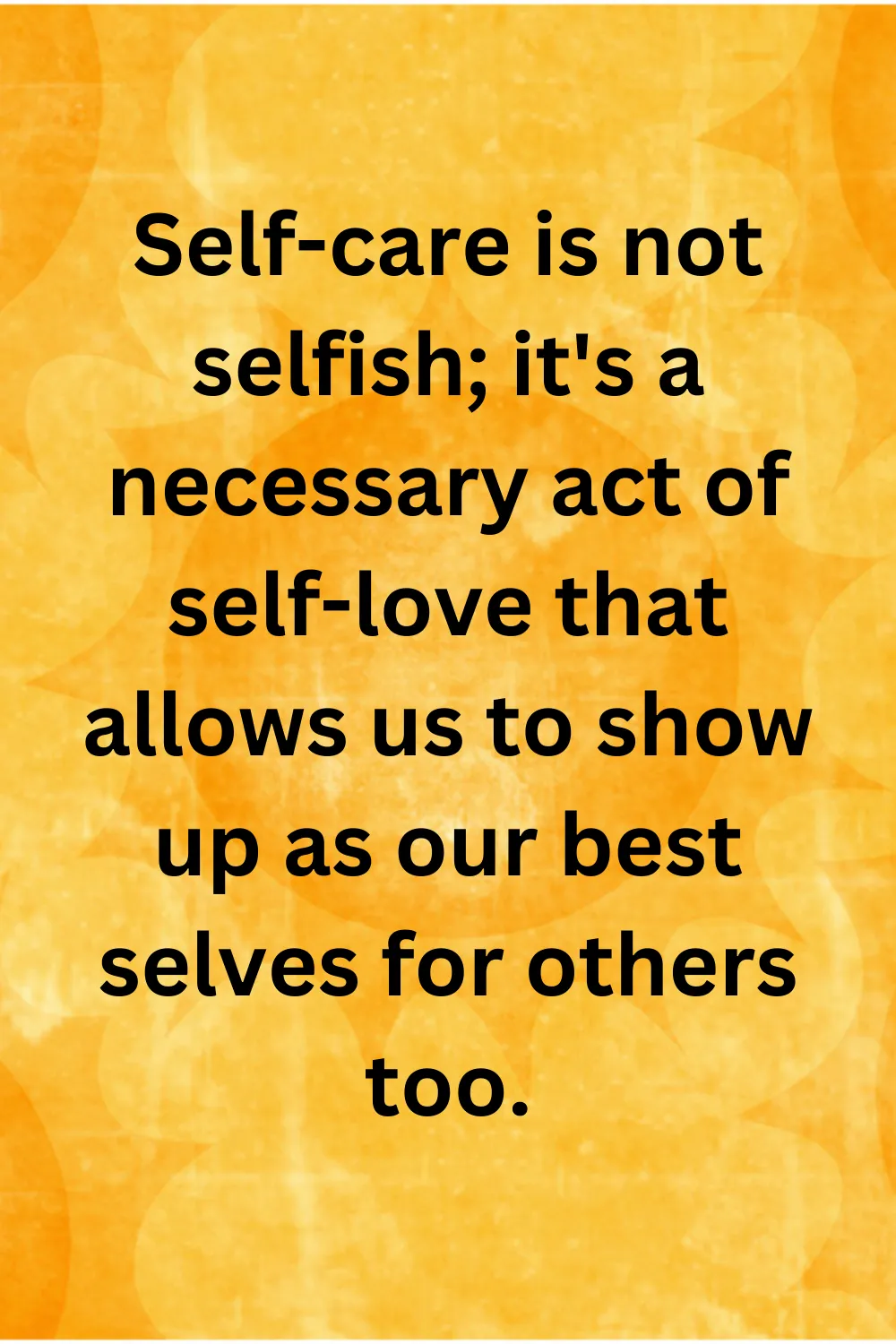Explore the poignant tale of a child grappling with unequal parental love, as they navigate through an unbalanced family dynamic.
Table of Contents
Growing up, I always believed in the unwavering love of a mother for her child. Yet, as I grew older and observed the dynamics within my own family, I began to question this assumption.
My dad’s affectionate gestures were abundant – from his warm hugs to his encouraging words – while my mom seemed distant and detached in comparison.
It became clear that her display of love and affection was not on par with my father’s. This realization left me pondering the complexities of parental love and wondering if it is possible for one parent to truly love their child less than the other.
Growing up with different parental dynamics
Growing up with different parental dynamics can be a rollercoaster of emotions. As a child, I experienced the contrasting love of my mother and father.
While my dad showered me with affection and support, my mom seemed distant and uninvolved. This juxtaposition left me feeling confused and neglected at times.
It’s heartbreaking to see your friends’ moms be their biggest cheerleaders while you struggle to feel that same connection.
However, as I reflect on my upbringing, I have come to understand that different parental dynamics can shape us in unique ways.
While it would have been ideal to have both parents equally present and loving, the differences between them taught me important life lessons.
My father taught me resilience and independence through his tough love approach, while my mother’s aloofness pushed me to seek validation elsewhere and discover the importance of self-worth.
Navigating these conflicting dynamics taught me how essential it is for children to find stability from within themselves rather than solely relying on external validation.
It allowed me to recognize early on that love comes in various forms – sometimes subtle or misunderstood – and that each parent had their own way of expressing it.
Rather than resenting my mom for not being like my dad, this realization has empowered me to appreciate her unique style of parenting and embrace the diversity in familial relationships.
In conclusion, growing up with different parental dynamics can be challenging but also provides an opportunity for personal growth and understanding.
The love languages of my dad
My dad doesn’t say I love you very often. In fact, I can probably count the number of times he’s said it to me on one hand.
But that doesn’t mean he doesn’t love me. Growing up, I realized that my dad’s love language is not in his words, but in his actions.
When I was little, he would always make sure my favorite cereal was stocked in the pantry and wake up early to cook us a big breakfast before school. He may not have said I love you, but his homemade pancakes were proof enough.
Another way my dad expresses his love is through quality time spent together. He may not be the most talkative person, but when we’re working side by side in the garden or going for long drives on Sunday afternoons, I can feel how much he cherishes those moments with me.
Those quiet hours are filled with conversations without words; his presence alone speaks volumes about his affection for me.
But perhaps the most meaningful way my dad shows his love is through acts of service.
Whether it’s fixing a leaky faucet or helping me move into a new apartment, he’s always there to lend a hand and make sure everything is taken care of.
His actions speak louder than any declaration of love ever could; they convey a deep sense of care and commitment that words simply cannot match.
The love languages of my mom
There is no denying that the love languages of my mom are vastly different from those of my dad.
While my dad may show his affection through acts of service, such as doing chores around the house or cooking our favorite meals, my mom’s love language is undoubtedly quality time.
In her eyes, spending uninterrupted moments together, engaged in deep conversations or simply enjoying each other’s company, is the ultimate expression of love.
It took me a while to truly understand and appreciate her unique way of showing love but once I did, our bond grew stronger than ever.
Noticing this significant difference in their love languages led me to realize that everyone has their own unique way of expressing affection.
For some people, it might be words of affirmation or receiving gifts that make them feel loved and appreciated.
Understanding these differences can be a game-changer when it comes to our relationships with others, especially with our parents.
Rather than expecting them to conform to one specific approach to showing love, we should learn to recognize and appreciate their individual styles and embrace the diversity within our families.
It is important for us all to remember that just because someone does not express their love in a certain way does not mean they don’t care deeply for us.
My mom’s emphasis on quality time doesn’t mean she loves me any less than my dad; it simply means she has her own distinct way of demonstrating affection.
Comparing the expressions of love

When it comes to expressions of love, every individual has their own unique way of showing affection.
Some people are more verbal in expressing their love and would constantly say I love you or give compliments, while others may show their love through actions and acts of service.
Comparing the expressions of love between different people can be a tricky task as everyone has different personalities and ways of communicating their feelings.
For instance, your dad might show his love by always being there for you, providing emotional support, and spending quality time with you.
On the other hand, your mom might express her affection by taking care of practical needs like cooking delicious meals or ensuring you have everything you need for school.
Both modes of expression are valid forms of love, but they manifest differently based on each parent’s style.
It is important not to compare these expressions too rigidly or judge one as better than the other because both your mom and dad have their own ways to communicate love that are significant in their own right.
Recognizing and appreciating these unique approaches can help us develop a broader understanding of the diverse ways people express affection and deepen our connections with loved ones.
Understanding the different parenting styles
Understanding the different parenting styles can shed light on why a child may perceive differences in how they are loved by their parents.
The authoritarian parenting style, characterized by strict rules and discipline, is often associated with a lack of emotional warmth and affection.
This could make the child feel that their mom doesn’t love them as much as their dad who may adopt a more permissive or authoritative style that values emotional connection.
On the other hand, it’s important to recognize that parental love can be expressed differently even within the same parenting style.
Some mothers might prioritize setting boundaries and enforcing rules to ensure their child’s well-being, while fathers may place emphasis on providing emotional support and validation.
These variations in expression should not be construed as a reflection of differing levels of love but rather an individual approach to meeting their child’s needs within the context of their parenting style.
Ultimately, understanding these differences in parenting styles can help children realize that both parents do indeed love them deeply but express it in unique ways.
It allows for dialogue between parent and child about how they interpret acts of parental love and fosters empathy towards each other’s perspectives.
By embracing this understanding, we can strengthen our relationships with both our mother and father while appreciating the diversity and beauty of various parenting approaches.
Coping with feelings of inadequacy and rejection
We’ve all experienced feelings of inadequacy and rejection at some point in our lives. It’s a painful emotion that can stem from various sources, but when it comes from a parent, the impact can be devastating.
In the case of having one parent who appears to love you more than the other, it’s easy to fall into the trap of comparing yourself and feeling like you’re not good enough.
However, it’s important to realize that our worth as individuals is not determined by how much love we receive from others, even our parents. Each person has their own way of expressing love, and sometimes it may appear imbalanced or uneven.
Instead of fixating on this perceived imbalance, try focusing on self-love and acceptance. Remind yourself that your worth is inherent and independent of anyone else’s opinion or actions.
Additionally, remember that love is not a limited resource; receiving less love from one person does not mean there is less love available overall. Seek out support systems in friends, mentors, or other family members who do make you feel loved and valued.
Surrounding yourself with people who appreciate you will help remind you that there are countless ways to experience love and acceptance – beyond just your parents’ affection.
In conclusion: Coping with feelings of inadequacy and rejection can be particularly challenging when they stem from a parental relationship where inequality appears evident.
However, remembering that our intrinsic value as individuals is not dependent on others’ opinions or actions can bring solace during such times.
Conclusion: Learning to appreciate different forms of love
In conclusion, learning to appreciate different forms of love can be a transformative experience.
It allows us to break away from societal expectations and preconceived notions about how love should look like. By understanding that love comes in various shapes and sizes, we open ourselves up to a world of possibilities and connections.
It is important to recognize that each individual expresses love in their own unique way. While it may be easy to compare the way our parents show affection towards us, it is crucial to remember that their expressions of love are rooted in their own experiences and understanding.
Just because our mother may not be outwardly affectionate like our father does not mean she loves us any less. Instead, by appreciating her quiet acts of kindness or protective nature, we can come to understand the depth of her love.
Furthermore, embracing different forms of love also teaches us empathy and compassion towards others. By recognizing that everyone has their own way of loving, we become more accepting and inclusive individuals.
We learn not only to appreciate diverse expressions of affection but also honor them without judgment.
Ultimately, expanding our definition of love allows us to foster stronger connections with those around us while celebrating the beauty of individuality within relationships.
FAQs
1. Why do some moms appear to show less love compared to dads?
There can be many reasons for this, including different parenting styles, personal experiences, and individual personalities.
2. How can I cope with feeling like my mom doesn’t love me as much?
It’s important to remember that parental love can manifest in different ways. Seek support from friends, family, or a therapist who can help you navigate these feelings.
3. What should I do if I feel neglected or unloved by my mom?
Open communication is key. Talk to your mom about how you feel in a calm and non-confrontational manner. Sharing your thoughts and emotions may help improve the relationship.
4. Is it common for parents to prioritize their relationships differently with their children?
Yes, every parent-child relationship is unique. Some parents may have stronger bonds with certain children based on various factors such as shared interests or personality compatibility.
5. Can a lack of maternal affection impact me in the long term?
While it varies from person to person, feeling unloved by a parent can potentially affect self-esteem and emotional well-being. Seeking professional guidance may be beneficial in processing these emotions.
6. Are there any steps I can take to strengthen my bond with my mom?
Building a stronger connection takes effort from both sides. Spend quality time together, engage in activities she enjoys, and express your love and appreciation for her when appropriate.
7. Could there be underlying reasons for my mom’s behavior that I am unaware of?
Absolutely! It’s essential to consider that your mom might have her own struggles or challenges that affect her ability to express love consistently.
8. Is it possible for the dynamics of parent-child relationships to change over time?
Yes, relationships are dynamic and can evolve over time due to various factors such as personal growth, life events, and increased understanding between individuals involved.
Pros and Cons
Pros:
1. Having a different parent’s love can provide a different perspective and support system.
2. It allows for a unique bond and connection with each parent.
3. It promotes independence and self-reliance as one learns to seek love from within.
4. It can lead to personal growth and development as one learns to navigate complex relationships.
5. The absence of love from one parent may encourage seeking support from other sources, such as friends or other family members.
Cons:
1. Feeling unloved by one parent may result in emotional distress and feelings of rejection.
2. It can create confusion about self-worth and value, impacting one’s self-esteem.
3. The absence of love from a parent could lead to difficulties in forming healthy relationships in the future.
4. Comparing parental love may breed resentment towards the less loving parent.
5. The lack of equal parental love may contribute to feelings of imbalance or unfairness within the family dynamic.










